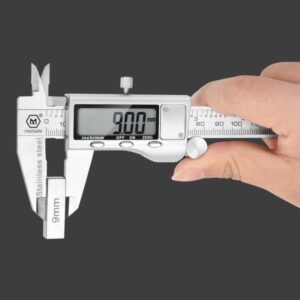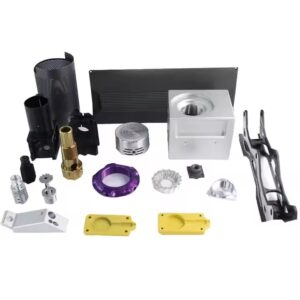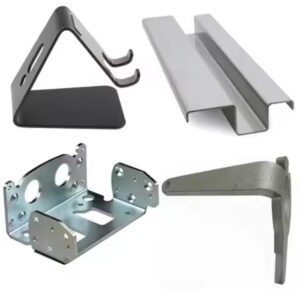Hey everyone, Vincent here from the metal shop floor. Today we’re diving into a topic that might seem a bit technical at first glance but is crucial to anyone involved in designing or purchasing metal products: the importance of material thickness. Whether you’re crafting a small custom piece or an integral structural component, understanding how thickness affects durability and cost is key to maximizing the value of your projects.
Understanding Material Thickness
Material thickness, often referred to as gauge, is a critical factor that directly influences the strength, performance, and cost of metal products. It’s not just about choosing thicker materials for every project; it’s about balancing performance with efficiency.
The Basics:
- Thicker materials are generally stronger and more resistant to bending and deformation under load.
- Thinner materials are lighter and cost less but may not withstand demanding conditions as well.
Let’s break down why this matters.
Impact on Durability
Durability in metal products is synonymous with longevity and the ability to withstand physical stresses without failing. Here’s how thickness plays into this:
Pros of Thicker Materials:
- Enhanced Strength: Thicker metals can bear more weight and handle greater stress, which is crucial in structural applications.
- Better Wear Resistance: With more material to work with, the wear and tear process is slower, extending the product’s lifespan.
- Reduced Risk of Warping: Under thermal stress, thicker materials are less likely to warp compared to their thinner counterparts.
Cons:
- Increased Weight: More material means more weight, which could be a drawback in applications where lightness is critical.
- Higher Material Costs: More raw material translates to higher costs.
Impact on Cost
Cost-effectiveness is paramount in any project, and material thickness has a direct correlation with both the initial expenses and long-term value.
Cost Considerations:
- Material Expenses: Thicker materials use more metal, which increases the cost. This is important for budget-sensitive projects.
- Processing Time and Effort: Thicker gauges often require more energy and stronger machinery to cut and shape, potentially increasing manufacturing costs.
- Transportation and Handling: Heavier components cost more to transport and might require special handling equipment, adding to project expenses.

Balancing Thickness with Application Needs
Choosing the right thickness is about understanding the specific needs of your application. Here are a few tips:
- Analyze Load Requirements: Determine how much physical stress the component will face and choose a thickness that can handle that stress without over-engineering the piece.
- Consider Environment Factors: For outdoor or harsh environments, opt for thicknesses that can resist corrosion and wear over time.
- Evaluate Manufacturing Capabilities: Make sure your fabricator has the tools necessary to handle your preferred thickness, especially for high precision or detailed work.
- Think Long-Term: Sometimes, investing in thicker materials can save money down the road by reducing maintenance and replacement costs.
Conclusion
In the metal fabrication world, material thickness isn’t just a detail—it’s a cornerstone of smart design and cost management. Whether you’re developing a new product or optimizing an existing one, considering how thickness affects both durability and cost can lead to better, more efficient outcomes.
Here at our shop, we pride ourselves on helping clients make informed decisions that balance performance, durability, and budget. If you’re wrestling with decisions about material thickness or just want to chat about options for your next project, drop on by or give us a call. We’re here to help you build things that last—efficiently and cost-effectively.
Keep forging ahead!




